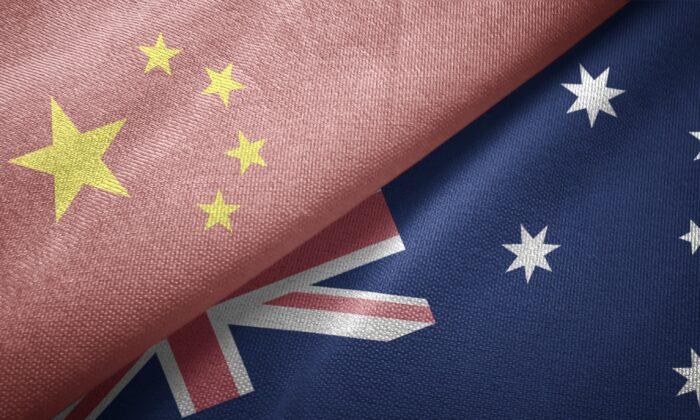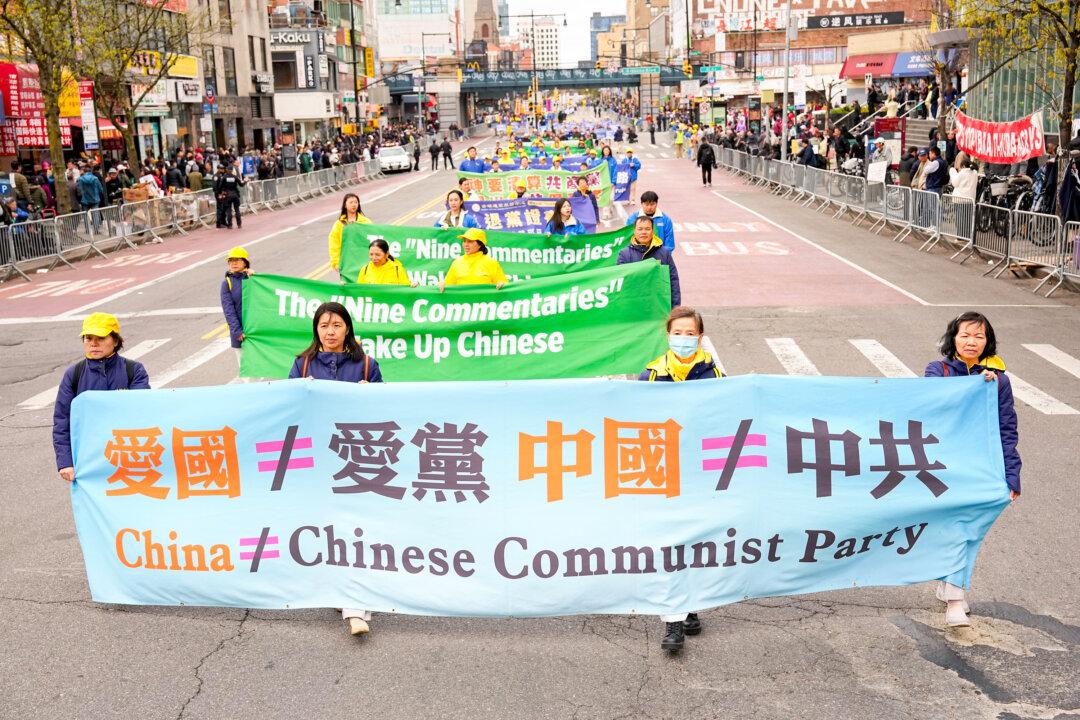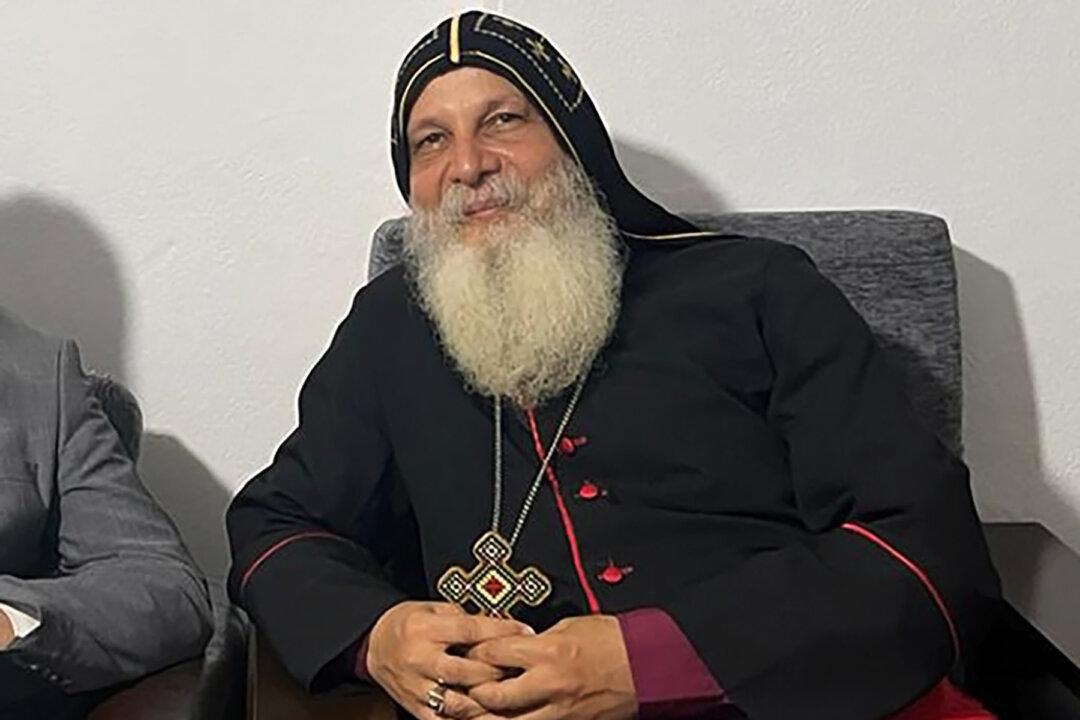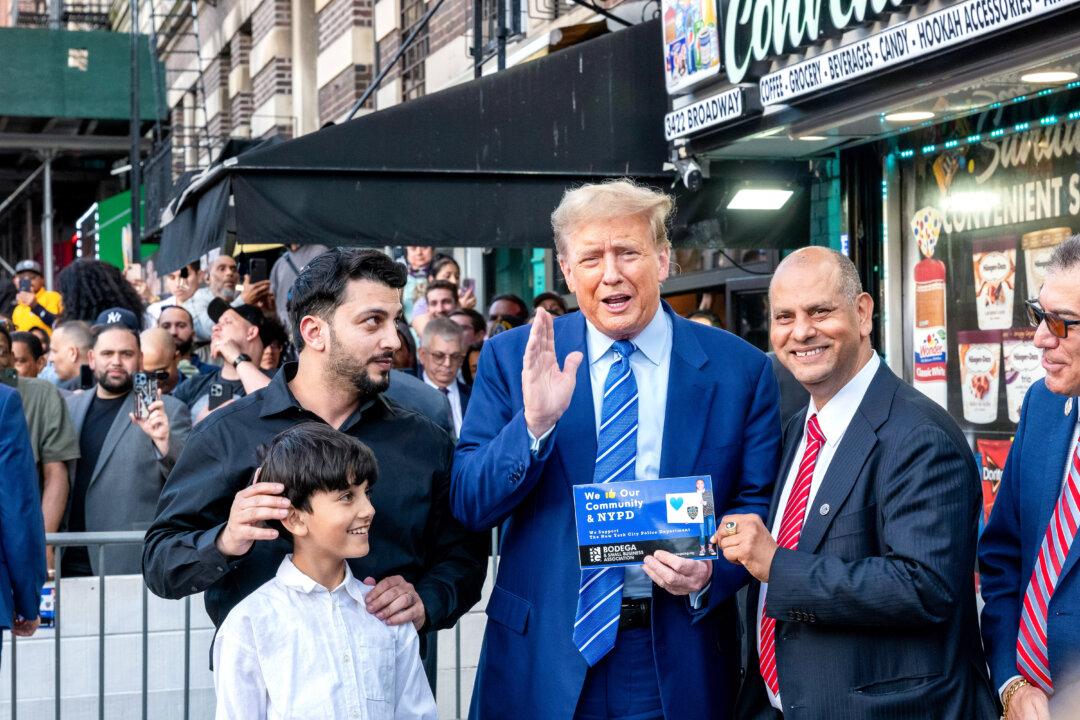Centre-right Coalition Senator James Paterson has warned that Australia is engaged in a “zero-sum” game for influence in the Pacific against the Chinese Communist Party (CCP).
Paterson, who is chair of the Australian Joint Committee on Intelligence and Security, said the federal government had known for some time that Beijing had “expansive ambitions” for the Pacific.
“They have been wanting to establish a permanent and militarised presence in the Pacific for some time, and the government of the Solomon Islands is not the first one to receive an offer like this, and it won’t be the last,” he told Sky News Australia on May 5. “We have to be on guard to this threat. It is a very serious one.”
Paterson said those familiar with World War II would know the strategic importance of the South Pacific region, and it was one of the reasons why the Pacific Step-up engagement strategy was launched.
“Our interests in the Pacific are very clear, and it’s the reason why we refocused our international aid program to the Pacific,” he said. “We’re engaged in a zero-sum game for influence with China in the Pacific.”
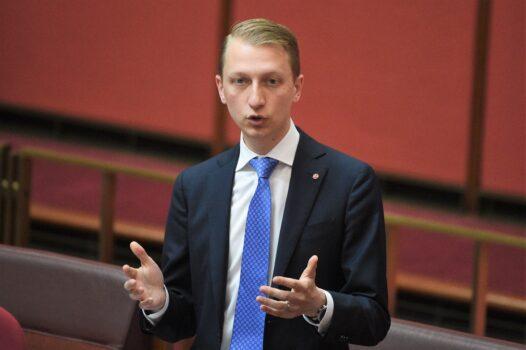
The governing Coalition has received criticism from the opposition Labor Party over the recent signing of a security deal between the Solomon Islands and Beijing.
Penny Wong, shadow foreign affairs spokesperson, called the situation the “greatest foreign policy blunder” since World War II.
“They’ve mocked our Pacific friends when it comes to climate change, and they’ve dropped the ball when it comes to our national security, and that’s what we’re seeing now,” he told the Australian Broadcasting Corporation.
Paterson meanwhile panned the idea that more engagement with the Pacific could have prevented the Beijing-Solomons security deal from going ahead.
“I think it does highlight that had just one more phone call being made, had one more visit occurred, had just one more dollar of aid been spent, that this wouldn’t have happened—it highlights the absurdity of that,” he said.
Sogavare is deeply unpopular in the country—which has a history of civil strife—and there are concerns he could attempt to prevent the 2023 national election from going ahead by engineering a false-flag event if he does lose power.
Retired U.S. Marine Col. Grant Newsham, meanwhile, has called on democratic allies to shine a spotlight on allegations of bribery perpetrated by the CCP.
